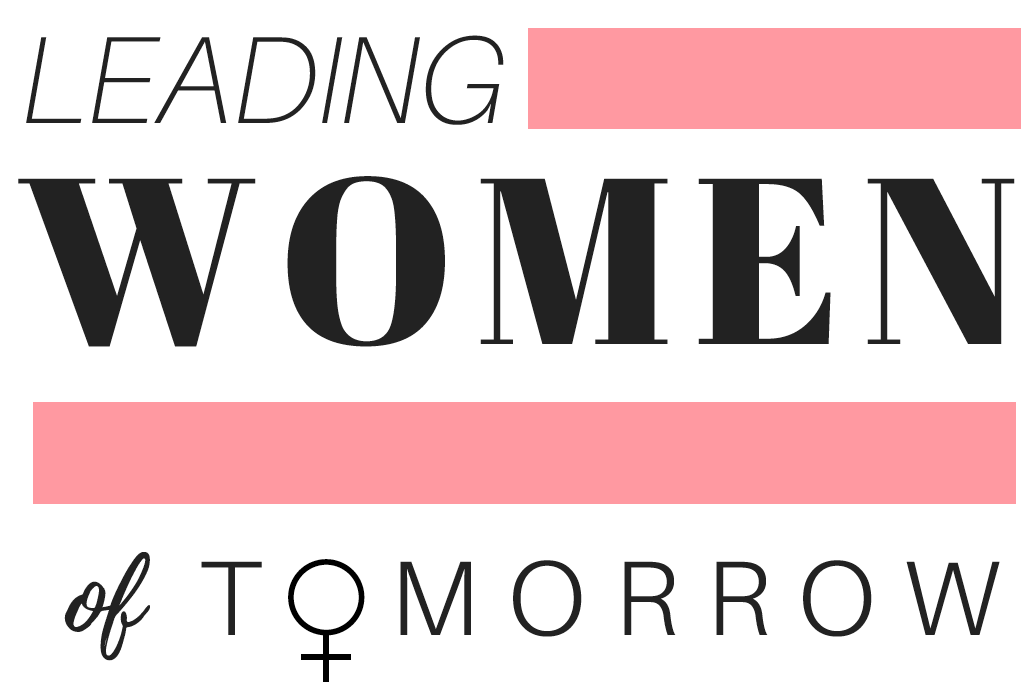Empowering Women in Global Peacekeeping
This story is an extraordinary one – of women reshaping the narrative in peacekeeping missions, challenging traditional norms and making a significant impact. In today's peacekeeping missions, women are redefining traditional roles, reshaping the narrative, and leaving an indelible mark. Captain Baah's role in the UN Interim Mission in Lebanon serves as a compelling example of the transformative power women bring to post-conflict regions, offering hope and protection where it's needed most.
Captain Baah's ability to connect with local women transcends traditional gender norms, highlighting the substantive contributions women make in peacekeeping. Beyond symbolism, they actively build trust and foster understanding in communities grappling with the aftermath of conflict.
Another commendable leader is Téné Maïmouna Zoungrana from Burkina Faso, a recipient of the UN Trailblazer Award, exemplifies the trailblazers breaking barriers. Her success demonstrates that women can excel in non-traditional roles, inspiring others to pursue excellence in diverse fields.
SOURCE: United Nations
While strides have been made within the United Nations in championing for increased participation of women, a collective call persists for more significant progress in achieving gender inclusivity on the frontline.
African nations, including Egypt, Ethiopia, Ghana, Rwanda, Senegal, South Africa, and Zambia, lead by example. They contribute impactful women peacekeepers, challenging stereotypes and showcasing women's potential in essential roles.
Women peacekeepers actively influence local communities and instilling confidence in women and girls. The ascent of women in peacekeeping is indispensable for establishing enduring peace. Recognizing women as leaders, advocating for increased participation, and including them in peace talks are integral elements of an effective approach to maintaining global stability. To the women making strides in this critical arena—keep (literally) saving the world!
Further reading: https://news.un.org/en/story/2023/12/1144412

